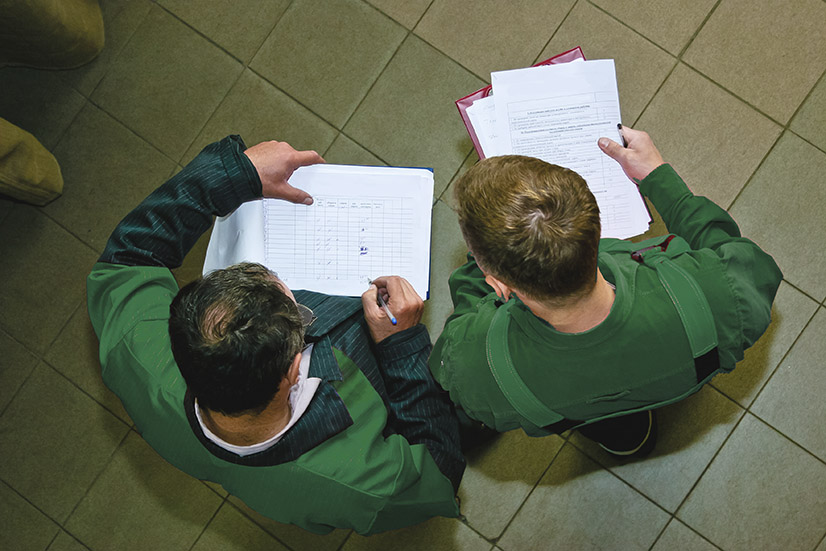What is energy auditing?
Using specialist equipment, the energy efficiency of a building can be accurately evaluated by a professional, the goal being to make improvements by modifying the ways in which the property is heated and cooled.
Various structural criteria are taken into consideration, usually including doors, windows, walls, ceiling and floors – any of the routes heat can enter or leave. For each one, the overall area and resistance to heat flow is either measured or estimated. Particular note is made to the quality of seals on windows and doors, which can greatly affect air moving in and out of the structure.
Every building has a thermal performance, in regard to above described properties. But the audit can also make an assessment of installed systems that regulate temperature. Typically these include radiators, ventilation, air conditioning and thermostats. Old or inefficient equipment can be identified for repair or replacement.
A written report may be produced, which estimates usage of energy based on the average local temperatures, direction of the building relative to the sun, insulation, and what the desired temperature of the occupants. A history of energy used through previous bills is taken into account. As well as estimating energy use, this report can also recommend improvements.
Use of energy over time gives a pattern to the evaluator, an interview with the occupants can be very enlightening in terms of when and how they use energy. Used together with an overview of the physical properties of the building, specific suggestions can be made to greatly increase energy efficiency over time.
Cost effective methods of heating, cooling and insulating the property can be implemented, making the building generally a more pleasant and comfortable space as well as saving money and helping the environment by using less energy resources.
If you’re interested in a commercial or domestic energy auditing that could save you money and make your property more eco-friendly, get in touch with us today.







